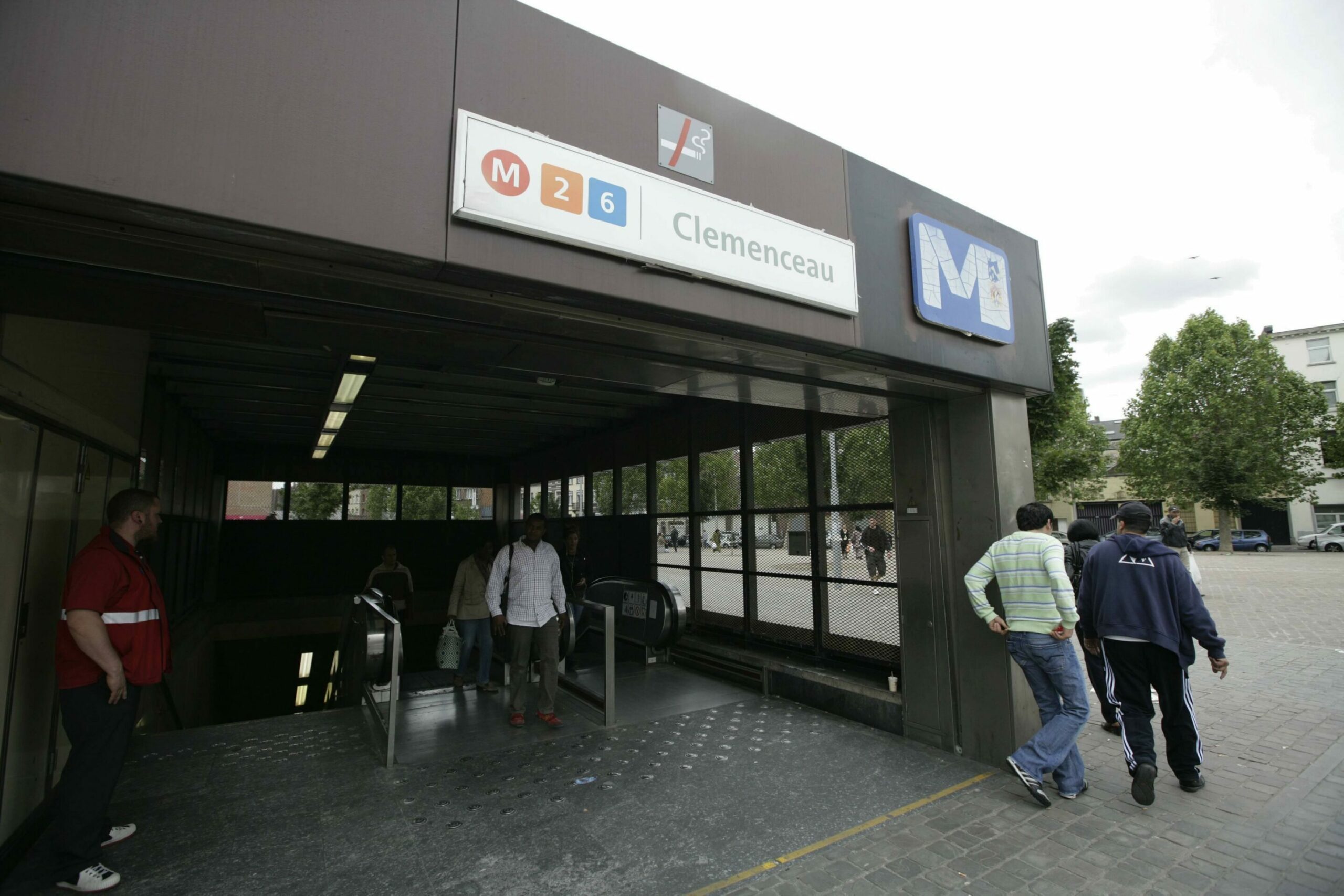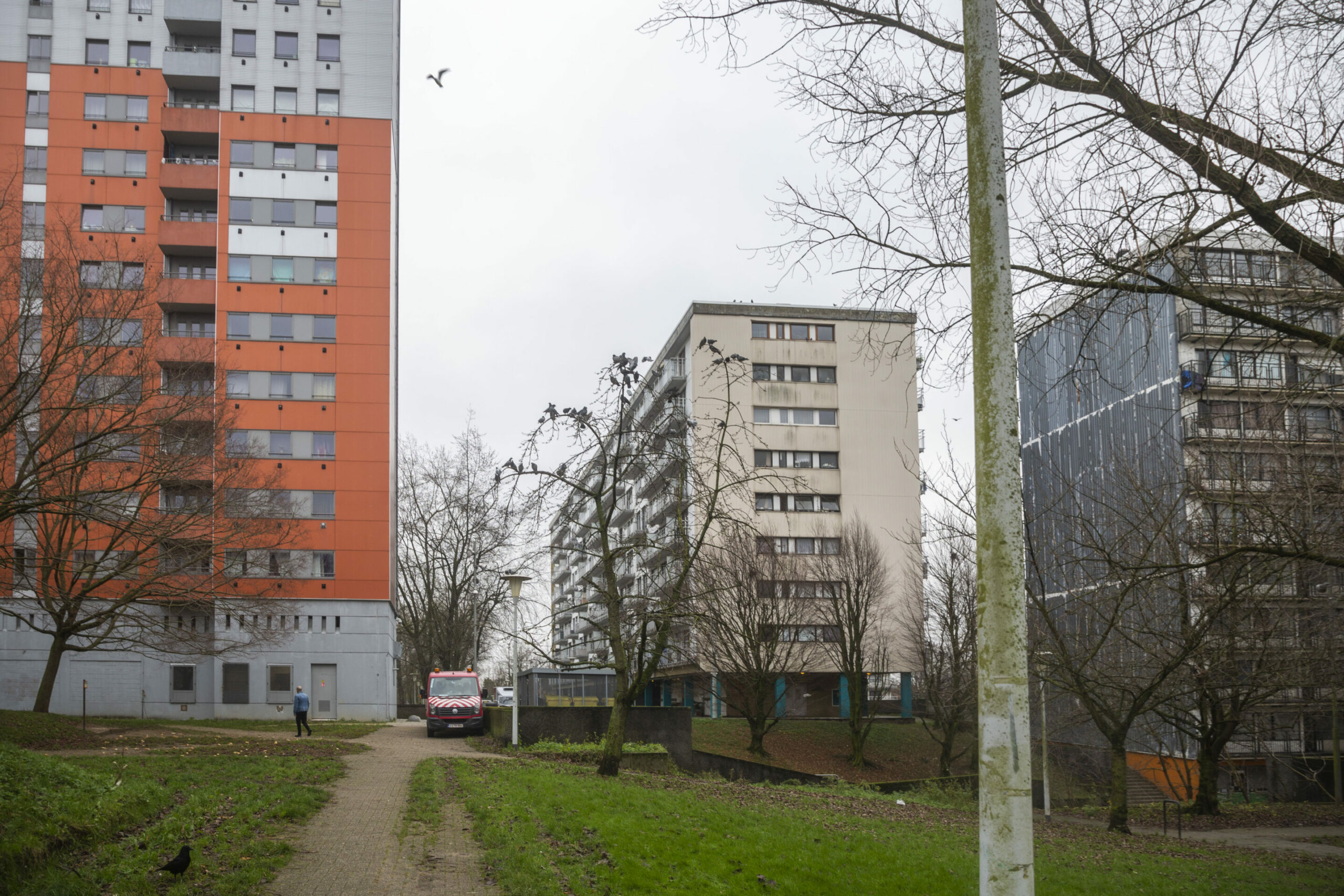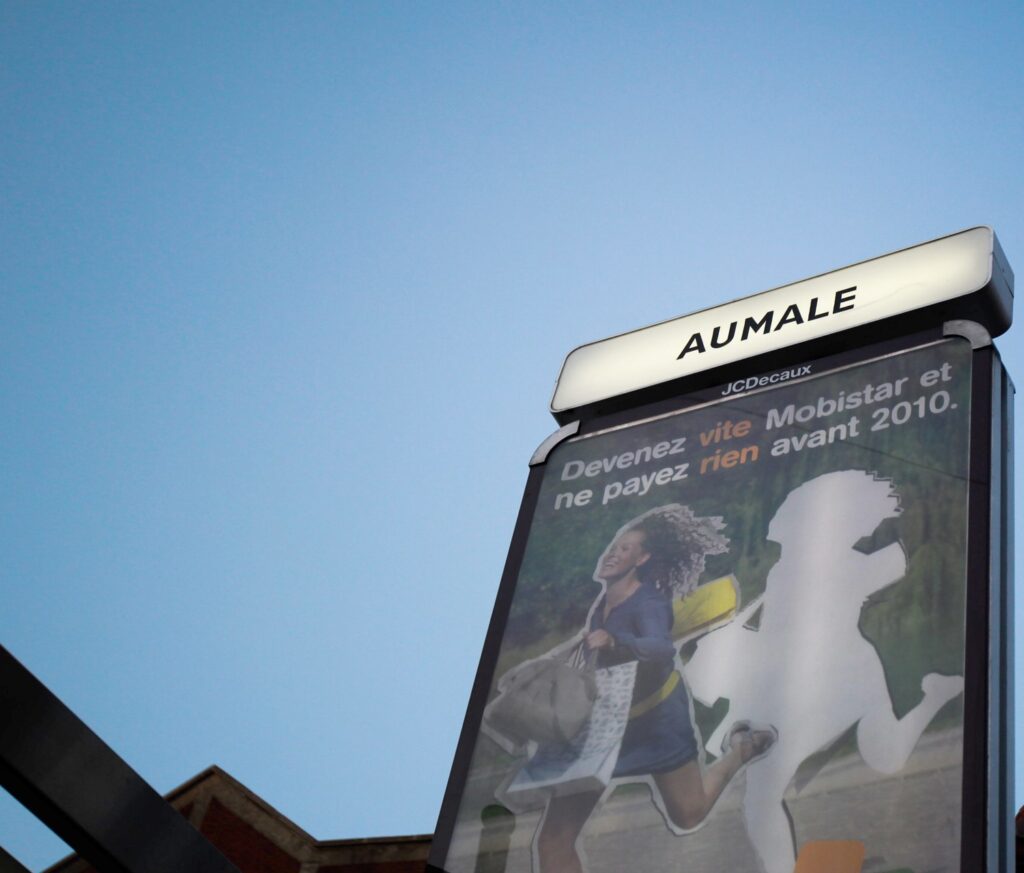Aumale metro station in Anderlecht has been declared a drug "hotspot" following four shootings in the area last week.
The Brussels-Capital Region's security council named 15 areas drug "hotspots" in March in response to heightened fears about drug-related violence across the city.
Four shootings occurred near the Aumale metro station in Anderlecht last week. One took place next to the station on 30 September and another at the junction between Rue d’Aumale and Rue de Birmingham on 28 September. One man was hospitalised following a shooting on 2 October and police were fired at again in the evening.
President of the Region Rudi Vervoort (PS) announced that Aumale would become the sixteenth hotspot on Tuesday. This follows the extension of the hotspot plan by six months on Monday. Each listed area is considered an a drug dealing epicentre and has its own coordinated police response.
Anderlecht introduces additional measures
In addition to the hotspot designation, which is a regional decision, the municipality of Anderlecht has implemented additional security measures this week, aiming to reduce drug dealing as much as possible.
The commune has installed road blockades to prevent the flow of clients toward drug dealers, increased police presence in public places and added more street lighting and CCTV to discourage would-be customers from purchasing drugs.

Clémenceau metro station in Anderlecht. Credit: Belga / Nicolas Maeterlinck
"These are measures we have already taken to prevent drug dealing in other areas," mayor of Anderlecht Fabrice Cumps (PS) told The Brussels Times. "In the Aumale district, the latest to be in the news, we're going to put up blockades to prevent car access to a whole part of the district, so that customers [of drug dealers, ed.] won't have as easy a time of it. We will also be reinforcing police patrols at this time."
'We underestimate drug traffickers'
Social organisations working with vulnerable populations across Brussels criticise the hotspot approach for discrediting at-risk areas.
"The hotspot policy stigmatises neighbourhoods that don't necessarily need to be stigmatised," head of communications at non-profit DUNE Charlotte Bonbled told The Brussels Times. "Socially neglected neighbourhoods are given the additional reputation of being bad neighbourhoods, dangerous neighbourhoods."
"Secondly, I sometimes have the impression that we underestimate the ability of drug traffickers to reorganise themselves. All the trafficking and dealing that goes on in these neighbourhoods will move from street to street, from neighbourhood to neighbourhood, from commune to commune."

The 'Peterbos' neighbourhood, in Anderlecht. Credit: Belga / Hatim Kaghat
Cumps disregards these criticisms, pointing to the strategy's success in Anderlecht's other hotspots, namely Peterbos, Clémenceau and Brussels-Midi (which is shared with Saint-Gilles and Forest).
"If you go to Peterbos you will see that people are happy to be assisted. There have been some serious incidents in the area and we have made a difference," he said. "There should be a social response for drug users and small-time dealers who are often without papers. But there can be no social response for drug dealers. We must be able to fight against the mafias behind them."

